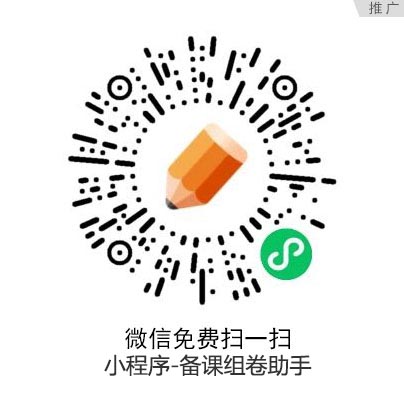试题详情
阅读理解
Jim Curry lights a stove in the parking lot of Christ Episcopal Church in Guilford. It'll get up to 2,000 degrees, hot enough to soften the metal of shotgun parts so they can be reshaped.
A crowd is watching, and Curry picks out a 9-year-old named Oliver to help him. "This is really magic," Curry says. "Right before your very eyes, you're gonna see Oliver transform this gun, this instrument of potential harm, into something that could never be a gun ever again. It's gonna be a trowel (泥铲), which could be used to plant flowers in a garden."
"It is exciting," Oliver says. "I love the fact that you can take metal that's random and shape it into something useful."
Curry, a retired priest, is a co-founder of Swords to Plowshares (犁) Northeast, the organization putting on this event, which helps police departments manage their gun buyback programs and repurpose the weapons into gardening tools.
The finished tools are donated to community gardens and agricultural high schools and the harvested vegetables donated to soup kitchens and homeless shelters, according to the group's website.
Retired priest Mary Ann first volunteered with Swords to Plowshares when a family member fell victim to gun violence. She helps collect guns through police buybacks. "When there's such despair now in our country, people need to know that we can change. There is hope," she says.
Curry wears a constant reminder of that hope around his neck. It's two large pieces of metal molded into the shape of a cross. "It's made out of pieces of an AK-47 used for killing", he says. "But God's love breaks it apart, reshapes it, then transforms it into the sign of greatest hope — the cross. And that's why I wear it."
试题所涉知识点




